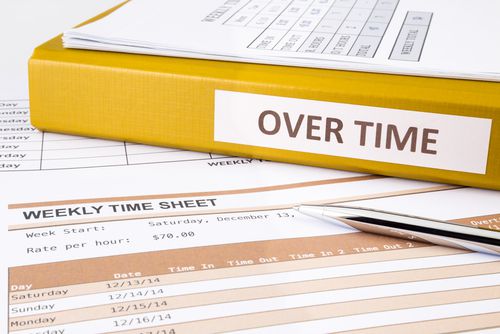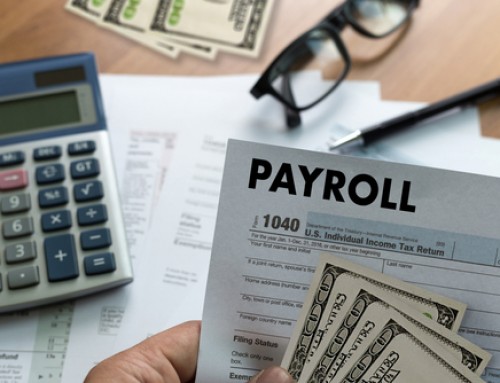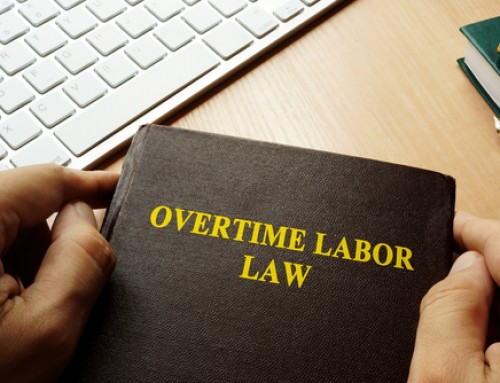Many employers track the hours and schedules of hourly employees, but employers frequently forget they are required to track the hours of salaried non-exempt employees also. Employees covered by the Fair Labor Standards Act (FLSA) must receive overtime pay for time worked over 40 hours in a workweek of at least one and a half times their regular rate of pay.
What Records Is an Employer Required to Keep?
For all employees, an employer must maintain records of the employee’s name, social security number, address, a birth date if younger than 19, gender, total wages per pay period, and date of payments. For hourly employees, additional records regarding the employee’s regular hourly pay rate, total straight-time, and overtime earnings for each workweek and deductions from pay must be maintained.
When is a Non-Exempt Employee on the Clock?
Generally, the FLSA requires employees to be compensated when they’re required to be on the employer’s premises, on duty, or at a prescribed workplace. This can include waiting, changing clothing, or driving.
Waiting: Employees must be compensated for waiting if they’re engaged to wait, such as a firefighter waiting at the firehouse for a call or a receptionist waiting at the front desk to assist customers.
On-Call: Employees must be compensated when they’re required to remain on the premises while on call. If they are allowed to go home, they’re usually not on the clock.
Lectures, Meetings, and Training Programs: Employers don’t have to be compensated when attending conferences or training when 1) it’s outside normal work hours. 2) it’s voluntary, 3) it is not job-related, and 4) no other work is concurrently performed. Otherwise, conferences, meetings, and training programs generally count toward compensable time.
Travel: Employees must be compensated for time traveling as part of their principal work, like travel from job site to job site during the workday. Time-traveling from home to work and back is ordinary travel and not compensable. However, if an employee is required to travel to and from a different city or location, this is compensable travel time, except for the time the employee normally spends traveling to and from the office. For example, if an employee normally works in Charleston and it takes her 30 minutes to get from her office from home but she is required to work in Columbia for one day, her entire day, including travel time to and from Columbia, is compensable except for one hour’s travel time as that is her normal commuting time.
Changing into Uniform: Employees must be compensated when donning and doffing, or changing clothes unless a collective bargaining agreement says otherwise. This includes safety gear or other garments that wouldn’t double as street clothes, you’re required to change into them at work, and they “are designed and used to cover the body and are commonly regarded as articles of dress.” Excluded from this list are items like safety glasses, earplugs, respirators, or other items that take an insignificant amount of time to put on.
If you have questions about tracking your employees’ hours, classification of your employees, or non-traditional compensable time, contact an experienced employment lawyer at Gignilliat, Savitz, and Bettis for a consultation.






